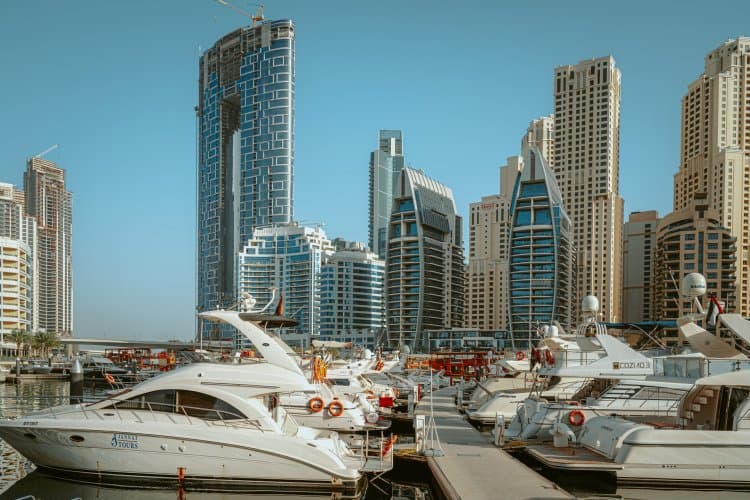
New Law for Expropriated Property in Dubai
The expropriated property owners in UAE shall now be provided with full and fair compensation. A new law was passed in Dubai on the expropriation of private property for public use. The new law was passed by His Highness Sheikh Mohammed bin Rashid Al Maktoum, Vice-President and Prime Minister of the United Arab Emirates and Ruler of Dubai.
expropriation refers to the action by the state or an authority of taking property from its owner for public use or benefit.
Special development zones and free zones, such as the Dubai International Financial Centre, are also covered by this law.
The new law governs the terms and conditions under which buildings and facilities, both completed and under construction, can be expropriated.
According to a decision issued by the Chairman of the Court of His Highness, the Ruler of Dubai, it also lays out the parameters for compensating property owners whose properties are expropriated.
According to the legislation, if only a section of a property is expropriated and the remaining portion becomes unfit for use due to Dubai's construction laws and regulations, the owner will receive full compensation if he or she does not want to keep it and combine it with an adjacent property.
The law establishes a permanent committee known as the 'Expropriation Committee,' which will monitor matters relating to property expropriation in the Emirate. The composition of the committee, its members, decision-making processes, and expropriation procedures shall be decided by the Chairman of the Court of His Highness, the Ruler of Dubai.
The Committee is governed by Dubai Government’s Councils and Committees under Decree No. (28) of 2015.
The Expropriation Committee is responsible for examining expropriation requests, including requests to analyze the practicality of expropriating a property to satisfy project goals. Alternatives to expropriating a property for a project, such as land grants, may be proposed by the Committee.
It will also determine if a planned project requires full or partial expropriation, as well as the amount of compensation to be paid for expropriated property. The Committee's jurisdiction is superseded by orders issued by the Dubai Ruler to expropriate property in Dubai.
Any expropriation of property shall be decided separately by the Chairman of the Court of His Highness, the Ruler of Dubai.
If the expropriation affects property owned by a municipal or federal government entity, compensation will be granted in accordance with the Committee's approved legislation and procedures.
Expropriations of property carried out before to the new Law's enactment should follow all procedures and offer compensation in accordance with previously established terms and conditions within a year of the new legislation's enactment.
The Chairman of the Court of His Highness, the Ruler of Dubai, has the authority to extend the deadline by six months. If the deadline is not met, compensation will be resolved under the new Law's provisions.